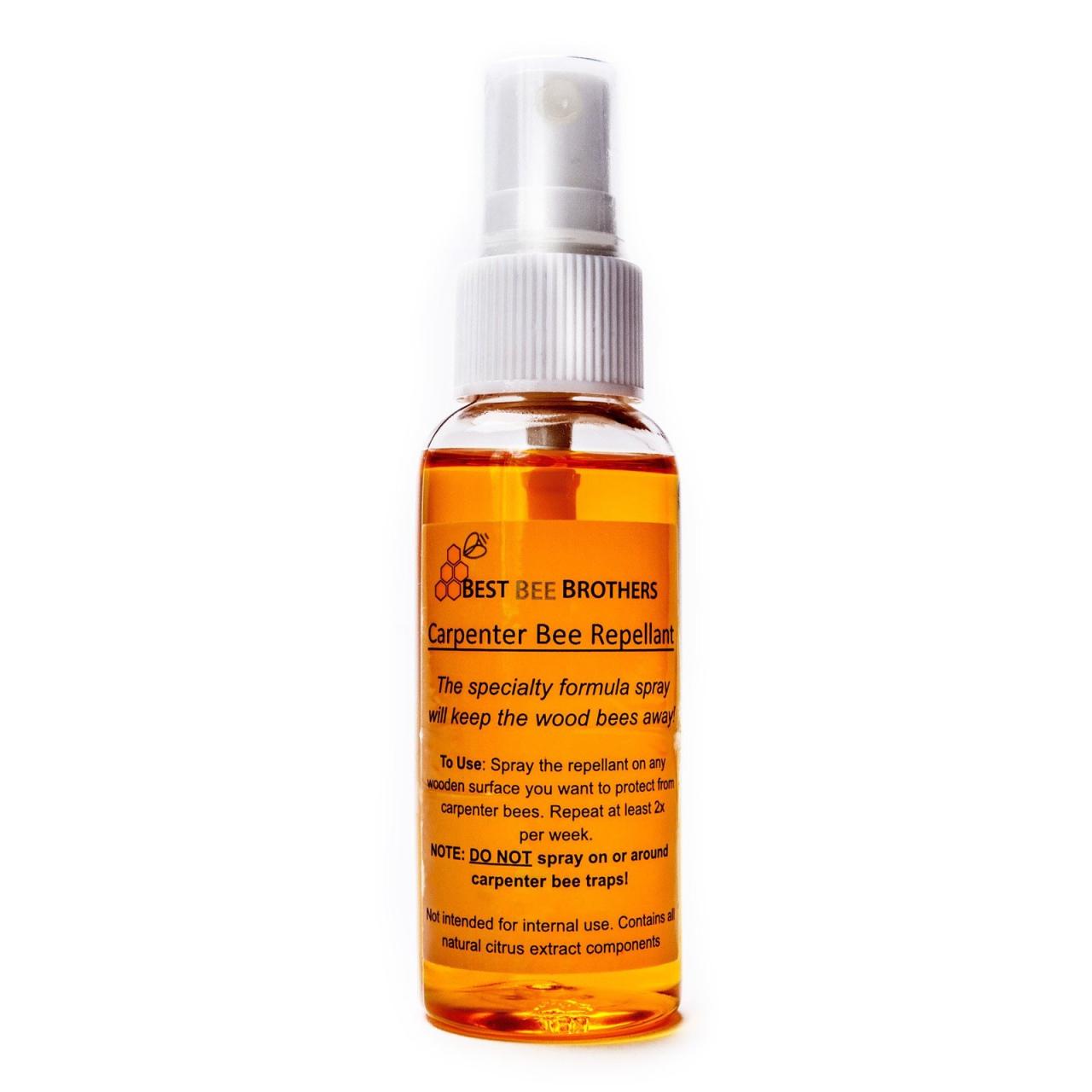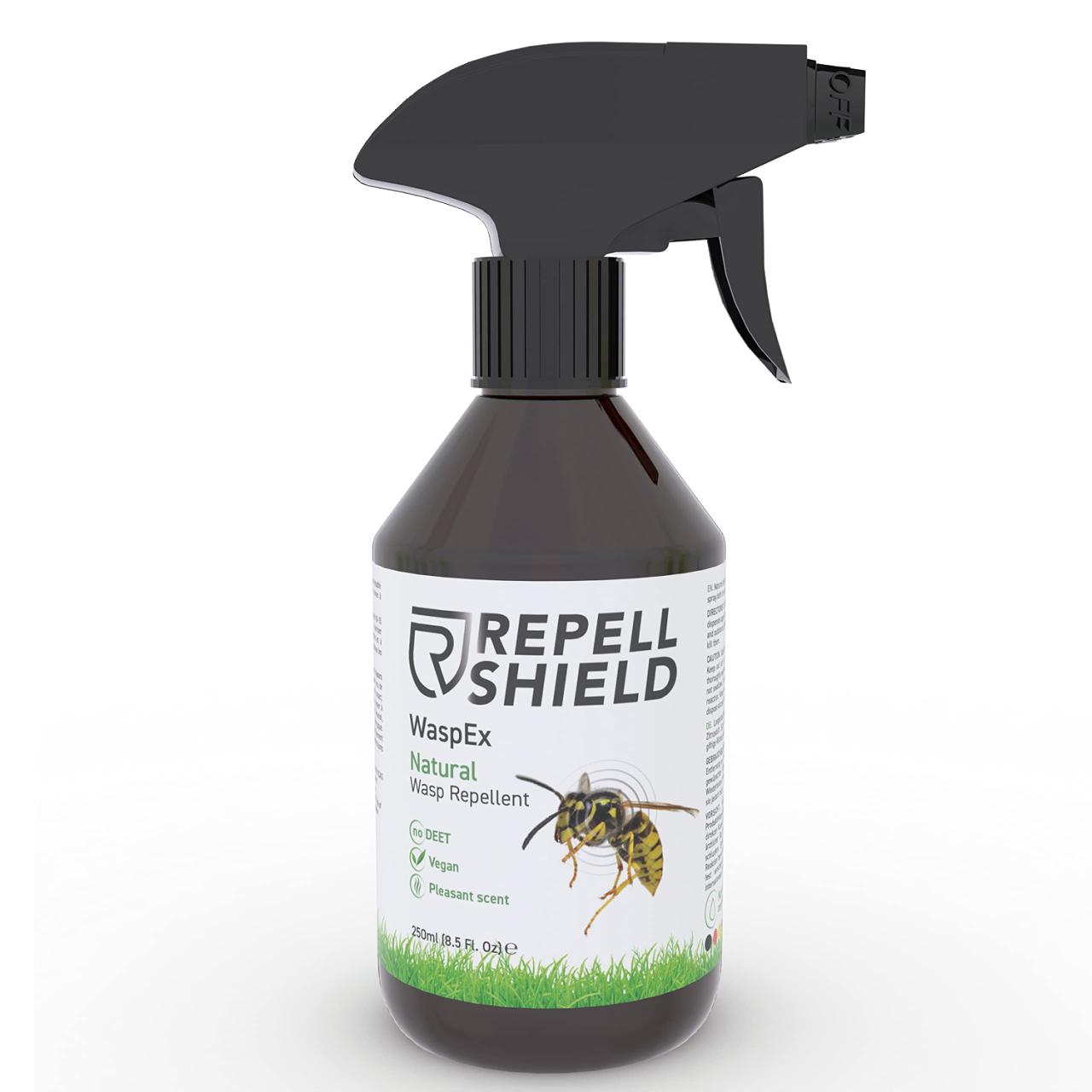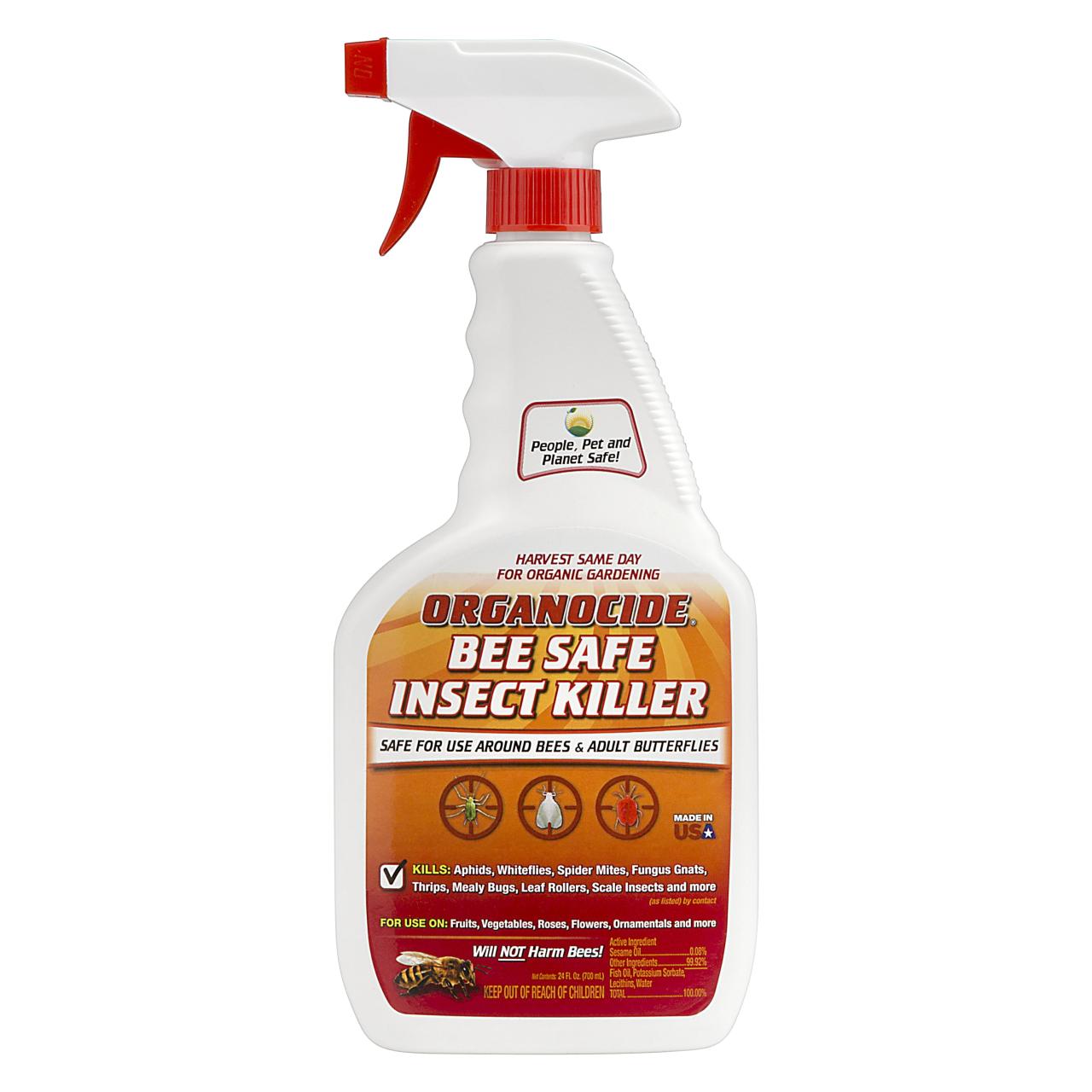Natural bee repellent for skin offers a safe and effective way to keep these buzzing insects at bay. Discover the wonders of natural repellents and learn how to create your own protective shield against bees.
From essential oils to plant-based solutions, we’ll explore the diverse range of natural bee repellents and their remarkable effectiveness.
Natural Bee Repellents for Skin
Natural bee repellents offer a safe and effective way to keep bees at bay without resorting to harsh chemicals. These natural solutions harness the power of nature to deter bees, providing peace of mind during outdoor activities.
There are various types of natural bee repellents, each with its unique set of benefits and effectiveness. Some popular options include essential oils, such as peppermint, eucalyptus, and tea tree oil, which emit strong scents that bees find unappealing. Other natural repellents include plant extracts, such as citronella and lemongrass, which contain compounds that effectively repel bees.
Choosing the Right Natural Bee Repellent for Your Skin Type, Natural bee repellent for skin
When choosing a natural bee repellent for your skin, it is essential to consider your skin type. Some essential oils, such as peppermint and eucalyptus, can be irritating to sensitive skin. Therefore, it is advisable to dilute these oils with a carrier oil, such as coconut oil or jojoba oil, before applying them to the skin.
If you’re a homeowner, you know that unexpected repairs can be a pain. That’s why Choice Home Warranty 24/7 is here to help. With their 24/7 coverage, you can rest assured that you’ll be taken care of no matter what time of day or night it is.
For those with sensitive skin, plant extracts like citronella and lemongrass are gentler options that minimize the risk of irritation.
Essential Oils for Bee Repellency
Essential oils are concentrated plant oils that contain volatile compounds. These compounds can have a variety of properties, including insect-repellent properties. Certain essential oils have been found to be effective at repelling bees.
The insect-repellent properties of essential oils are thought to be due to their strong scents. Bees are sensitive to certain scents, and these scents can deter them from approaching. Essential oils that are known to repel bees include:
- Peppermint oil: Peppermint oil is a strong, minty-scented oil that is effective at repelling bees.
- Tea tree oil: Tea tree oil is a natural antiseptic and antibacterial oil that also has insect-repellent properties.
- Lemongrass oil: Lemongrass oil is a citrus-scented oil that is effective at repelling bees and other insects.
- Eucalyptus oil: Eucalyptus oil is a strong, camphor-scented oil that is effective at repelling bees and other insects.
- Clove oil: Clove oil is a spicy, pungent oil that is effective at repelling bees and other insects.
To use essential oils as a natural bee repellent, you can create a spray or lotion. To make a spray, mix 10-15 drops of essential oil in a 16-ounce spray bottle filled with water. To make a lotion, mix 5-10 drops of essential oil in 1 ounce of unscented lotion.
When using essential oils as a bee repellent, it is important to avoid applying them directly to your skin. This can cause irritation. Instead, apply the spray or lotion to your clothing or to a bandana that you can wear around your neck.
Plant-Based Bee Repellents

Bees are essential pollinators, but their stings can be painful and dangerous. Plant-based bee repellents offer a natural and effective way to keep bees away from your skin.
Identifying Repellent Plants
Several plants have natural properties that repel bees. These include:* Basil: The strong scent of basil deters bees.
Mint
The menthol in mint is highly effective in repelling bees.
Citronella
The citronella oil released by this plant is a powerful bee repellent.
Eucalyptus
The strong aroma of eucalyptus is known to repel bees.
Lavender
The calming scent of lavender has a repellent effect on bees.
Growing and Using Repellent Plants
To use these plants as bee repellents, you can:* Plant them around your home: Planting these plants near entrances, windows, and outdoor areas can create a natural barrier against bees.
Use essential oils
Extracting essential oils from these plants and applying them to your skin can provide temporary protection from bees.
Create a spray
Mix a few drops of essential oil with water in a spray bottle and mist it around your body before going outdoors.
Effectiveness Comparison
The effectiveness of plant-based bee repellents can vary depending on the plant and the concentration of essential oils used. Here’s a table comparing the relative effectiveness of some common plant-based bee repellents:| Plant | Effectiveness ||—|—|| Basil | Moderate || Mint | High || Citronella | Very high || Eucalyptus | Moderate || Lavender | Moderate |
Other Natural Bee Repellent Methods

In addition to the aforementioned methods, several other natural remedies can effectively repel bees.
One such method involves using vinegar. Bees are known to dislike the pungent odor of vinegar. To use this method, mix equal parts white vinegar and water in a spray bottle. Shake well and spray around areas where bees tend to congregate, such as picnic tables, doorways, or trash cans.
The vinegar’s strong smell will deter bees from approaching.
Music lovers, rejoice! The walla sound bluetooth speaker is here to take your listening experience to the next level. With its crystal-clear sound and powerful bass, you’ll feel like you’re at a concert every time you listen to your favorite tunes.
Baking Soda
Baking soda is another effective bee repellent. Sprinkle baking soda around potential bee entry points, such as windowsills or door frames. Bees will avoid crossing over the baking soda line, as they find its alkaline nature irritating.
Smoke
Smoke is a natural bee repellent that has been used for centuries. When bees encounter smoke, they interpret it as a sign of danger and will quickly retreat. To create smoke, burn wood, paper, or incense in an open area away from your home.
The smoke will create a barrier that will keep bees away.
Natural Bee Repellent Methods Summary
- Essential oils (e.g., peppermint, tea tree, eucalyptus)
- Plant-based repellents (e.g., marigolds, basil, lavender)
- Vinegar
- Baking soda
- Smoke
Last Recap

Whether you’re enjoying a summer picnic or hiking through a meadow, natural bee repellents for skin empower you to embrace the outdoors without fear of unwanted encounters with bees. Embrace the power of nature and enjoy a sting-free experience.
FAQ Explained: Natural Bee Repellent For Skin
Can I use natural bee repellent on my face?
Yes, but avoid sensitive areas around the eyes and mouth.
How long does natural bee repellent last?
Effectiveness varies, but most repellents provide protection for several hours.
Are natural bee repellents safe for children?
Yes, but always consult a healthcare professional before using any repellent on children.






